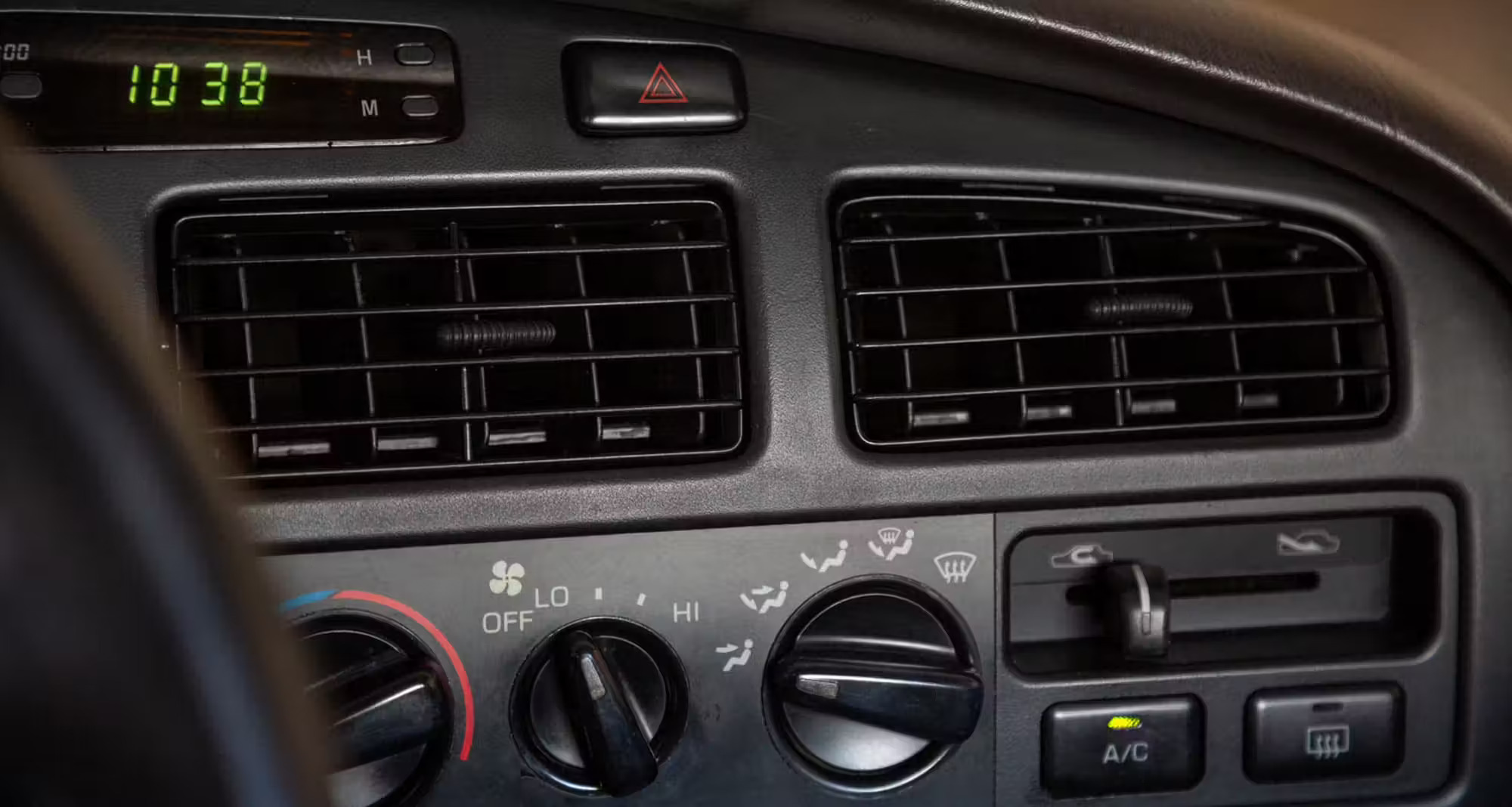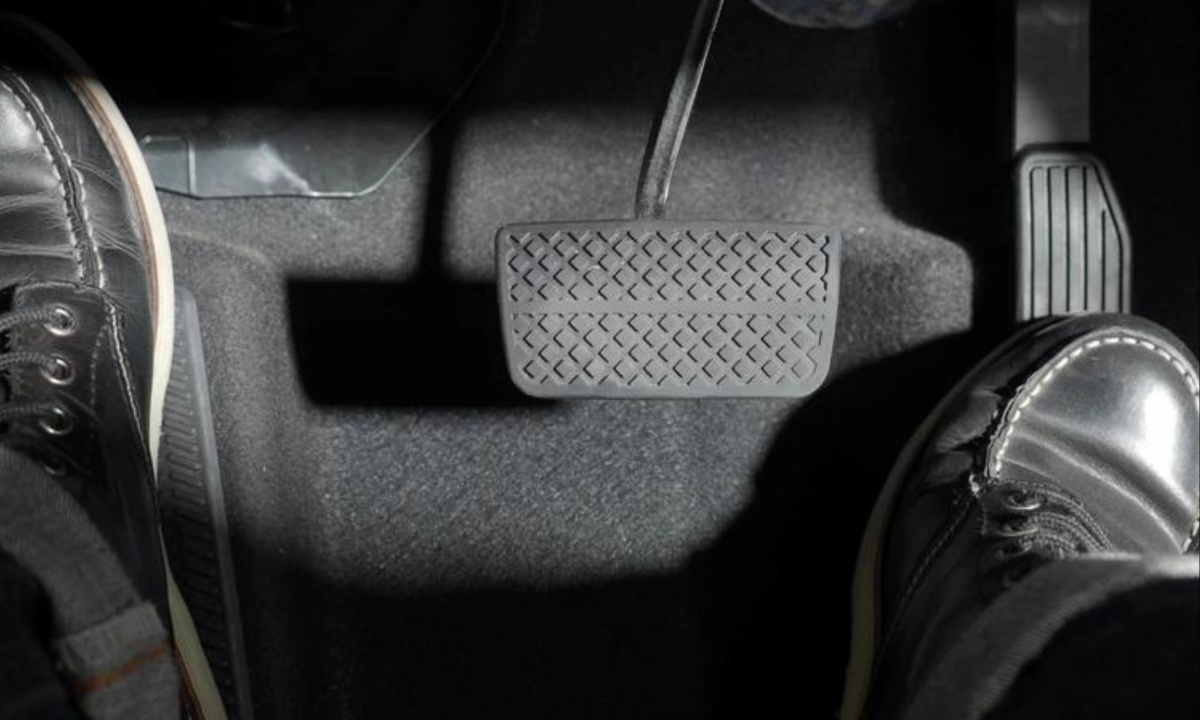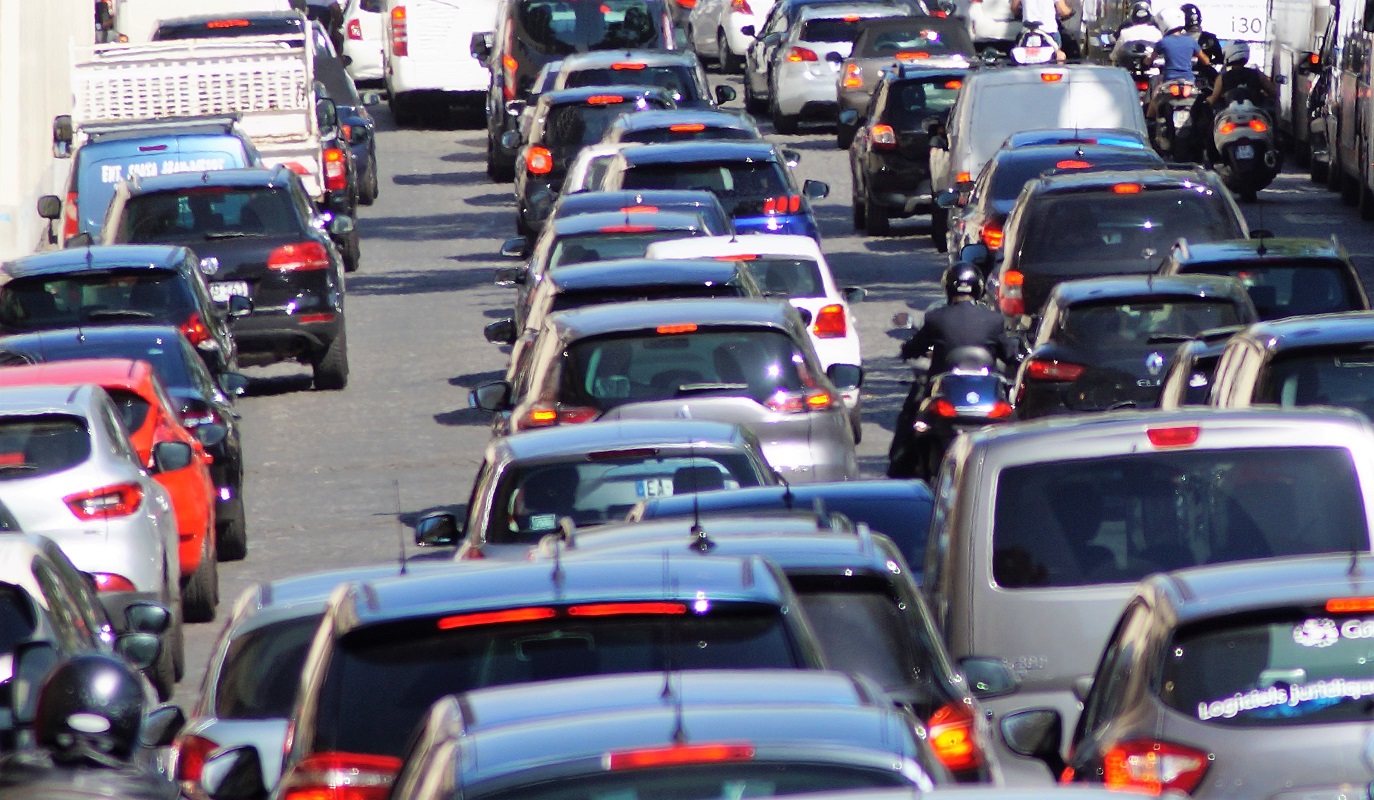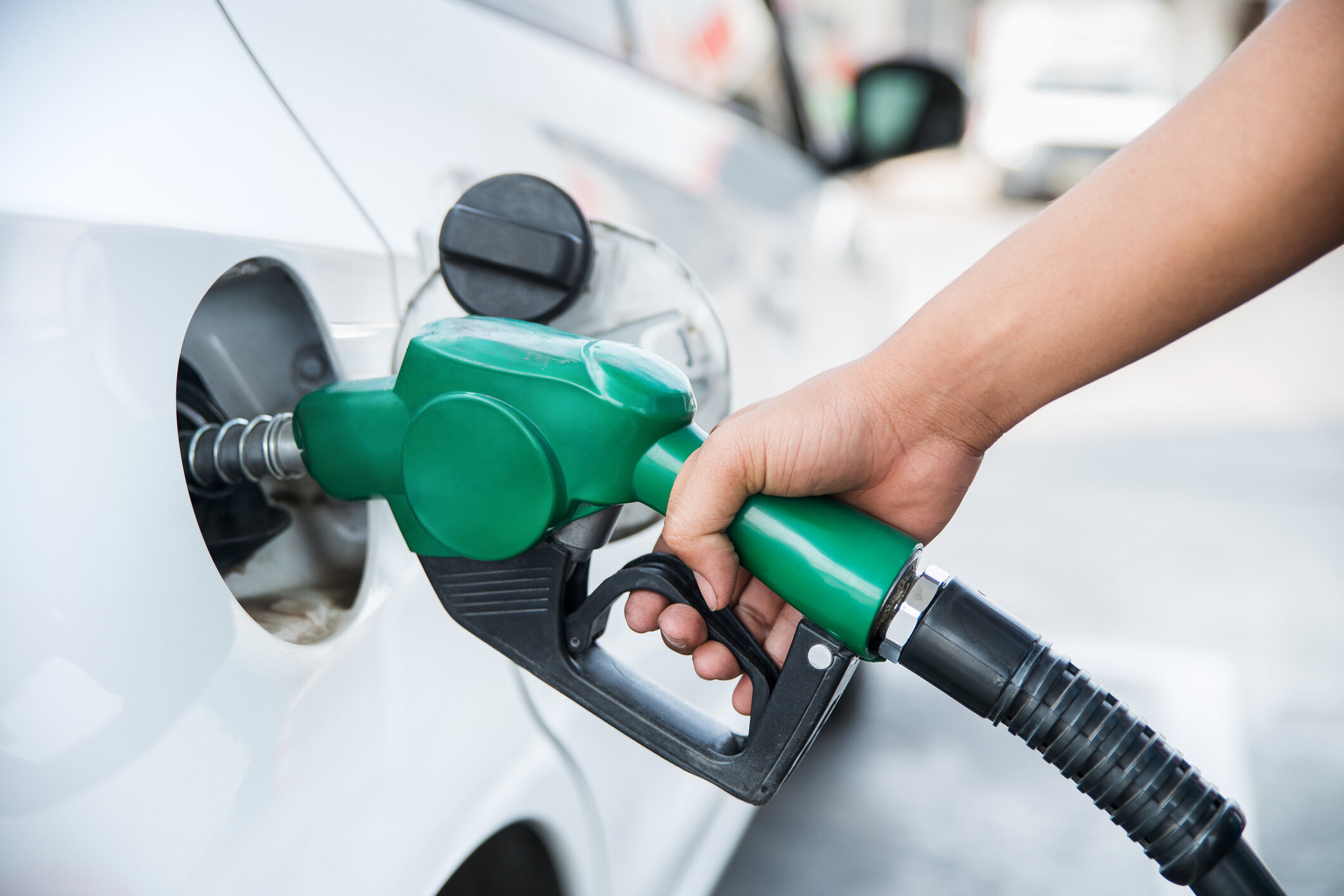Engines rely on fuel to run, but adopting smarter driving habits and regular vehicle maintenance can significantly improve fuel efficiency. By implementing simple changes in the way you drive and care for your car, you can save money on fuel and reduce environmental impact. Below are ten practical strategies to boost fuel economy.
1. Maintain Proper Tire Pressure
Tires that are underinflated increase rolling resistance, making your engine work harder and consume more fuel. Ensuring your tires are inflated to the recommended pressure can improve fuel efficiency by up to 10%. Regularly check your tire pressure and adjust as needed to maximize savings and vehicle performance.
2. Declutter Your Car’s Boot
Extra weight in your car’s boot adds unnecessary strain on the engine, causing it to burn more fuel. For every additional 50kg, fuel efficiency decreases by 2%. Avoid using your boot as storage for non-essential items and keep it as light as possible to optimize fuel consumption.
3. Use Air Conditioning Wisely
While air conditioning can consume fuel, it’s more efficient than driving with windows down at speeds above 80 km/h. Open windows create wind resistance, which forces your engine to work harder. Use the AC at higher speeds to maintain comfort without sacrificing fuel efficiency.

4. Drive at an Optimal Speed
Speed greatly influences fuel consumption. Driving too fast increases wind resistance, and driving too slow forces the engine to operate inefficiently in lower gears. Maintain a steady speed between 50–90 km/h on highways for the best balance of fuel efficiency and performance.
5. Accelerate Gradually
Rapid acceleration wastes fuel by increasing engine revolutions per minute (RPM). Smooth, gradual acceleration keeps your engine running efficiently and conserves fuel. Monitor your RPM and aim to keep it low for optimal mileage.
6. Brake Smoothly
Frequent, aggressive braking increases fuel consumption as your car needs to accelerate again afterward. Anticipate traffic conditions and maintain a safe distance from other vehicles to minimize unnecessary braking and conserve fuel.

7. Use Higher Gears When Possible
Driving in higher gears reduces engine revolutions, leading to lower fuel consumption. For automatic cars, use cruise control to maintain consistent speeds. For manual cars, shift to higher gears when appropriate to maximize efficiency on long drives.
8. Plan Ahead for Smooth Driving
Predictive driving helps you maintain steady speeds and avoid hard braking or acceleration. For instance, slow down gradually when approaching a red light and accelerate gently when climbing hills. Planning your maneuvers reduces strain on the engine and improves fuel economy.
9. Avoid Heavy Traffic
Stop-start traffic is a major contributor to fuel wastage. Plan your commute to avoid peak hours or consider alternative routes to bypass congestion. This reduces idle time and helps your engine run more efficiently.

10. Turn Off Your Engine When Stationary
Idling for more than three minutes consumes unnecessary fuel. Turn off your engine when waiting for someone or something to conserve energy and reduce emissions.
Regular servicing keeps your engine running smoothly by preventing the buildup of sludge and corrosion. High-performance engine oils, such as Mobil™, reduce friction, enhance efficiency, and extend engine life, ensuring you get the most out of your fuel.

